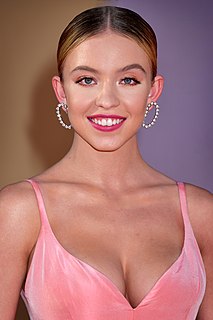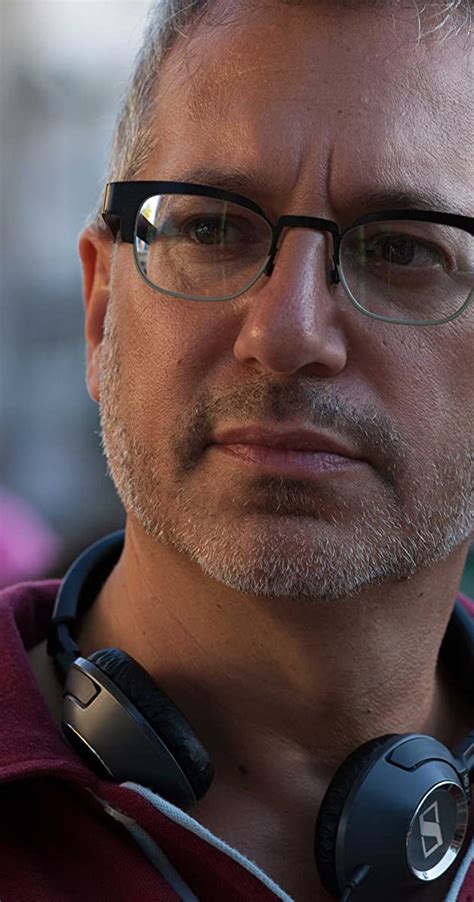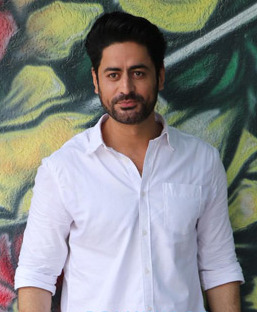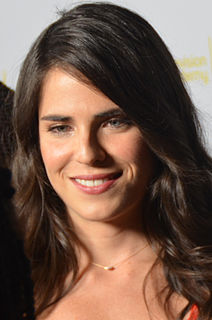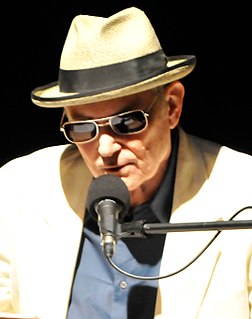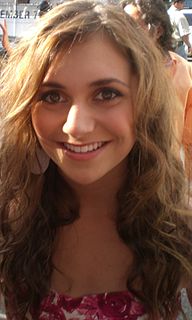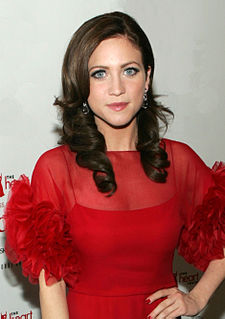A Quote by Masiela Lusha
I'm thinking like the character in order to be as authentic as I can. But after a while, how would I be able to cleanse myself from this unless I do something that's a different medium but also creative. That's what I do. It's my little ritual. After every filming, I just write a poem about it and my character specifically and I can let her go.
Related Quotes
I never think of my audience when I write a poem. I try to write out of whatever is haunting me; in order for a poem to feel authentic, I have to feel I'm treading on very dangerous ground, which can mean that the resulting revelations may prove hurtful to other people. The time for thinking about that kind of guilt or any collective sense of responsibility, however, occurs much later in the creative process, after the poem is finished.
Does character develop over time? In novels, of course it does: otherwise there wouldn't be much of a story. But in life? I sometimes wonder. Our attitudes and opinions change, we develop new habits and eccentricities; but that's something different, more like decoration. Perhaps character resembles intelligence, except that character peaks a little later: between twenty and thirty, say. And after that, we're just stuck with what we've got. We're on our own. If so, that would explain a lot of lives, wouldn't it? And also - if this isn't too grand a word - our tragedy.
You know what I was thinking about on my way home? How different my life would be if you’d made that gash a little deeper. Or how different yours would be if I’d vaulted myself off a roof nine years ago. Do you ever think about things like that? Like, if either you or I wouldn’t have made it, where would the other one be right now? It was something I thought about all the time: how death changes every remaining moment for those still living.
The question I ask myself when adapting a book is how do I be true to the spirit and soul of the character? How would I describe this character in my medium? If you asked one person to do a painting of something and another to create a sculpture of it, you'll never ask, 'Why doesn't the painting look like the sculpture?'
When I went to the University of Iowa in order to be a writer, I thought, This is the worst way to learn how to write. To sit in a room with a bunch of would-be writers, who want to write the Great American Novel, every one of them, and you read their stories and they read yours, and you're not living a life. I don't like that. I like learning on the job. The character of my work has definitely evolved from the character of my life.
When it comes to thinking about how a character talks, there are literary and language considerations. For actors to be able to differentiate between themselves and the characters they are playing while at the same time remain in character and spontaneous requires a sophisticated combination of skills and spirit.
Creativity is just connecting things. When you ask creative people how they did something, they feel a little guilty because they didn't really do it, they just saw something. It seemed obvious to them after a while. That's because they were able to connect experiences they've had and synthesize new things.
What I don't like about teaching is hearing myself say the same thing. I mean, you just want to sort of shoot yourself after a while. But you don't have a million different ways of thinking about what you have been thinking about for many years. And then there's the truism that you're only as good as your students. If they're not into what's going on, it doesn't matter who you are.
Also, with acting and dancing I portray a predetermined character and story for the most part, with music I have the creative freedom to create a song on a whim with whomever I choose and at whatever time I choose to do it. It's more liberating artistically and that's why I've stuck with it. It's a good balance to be able to portray a character and also be myself in avenues that I'm passionate about.




